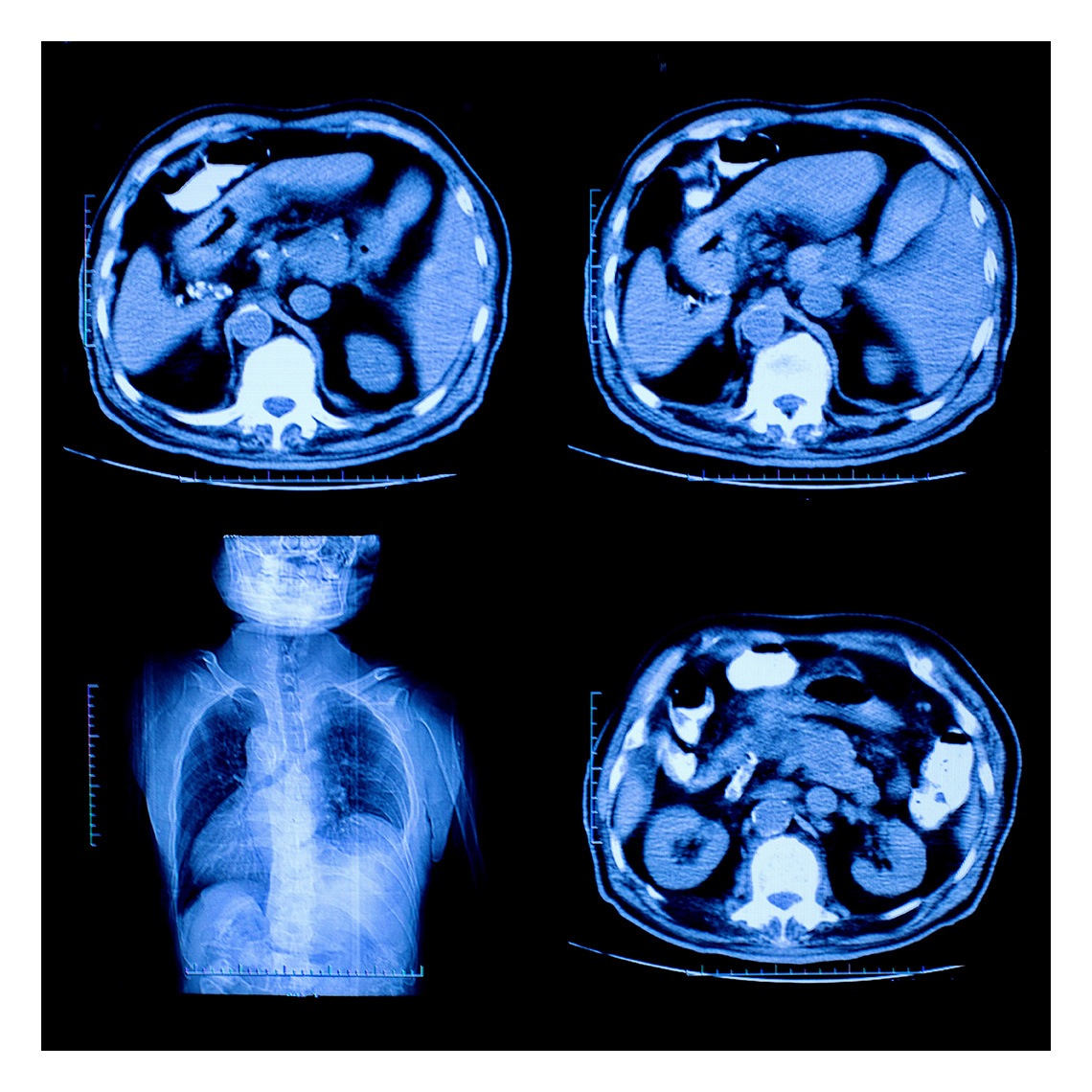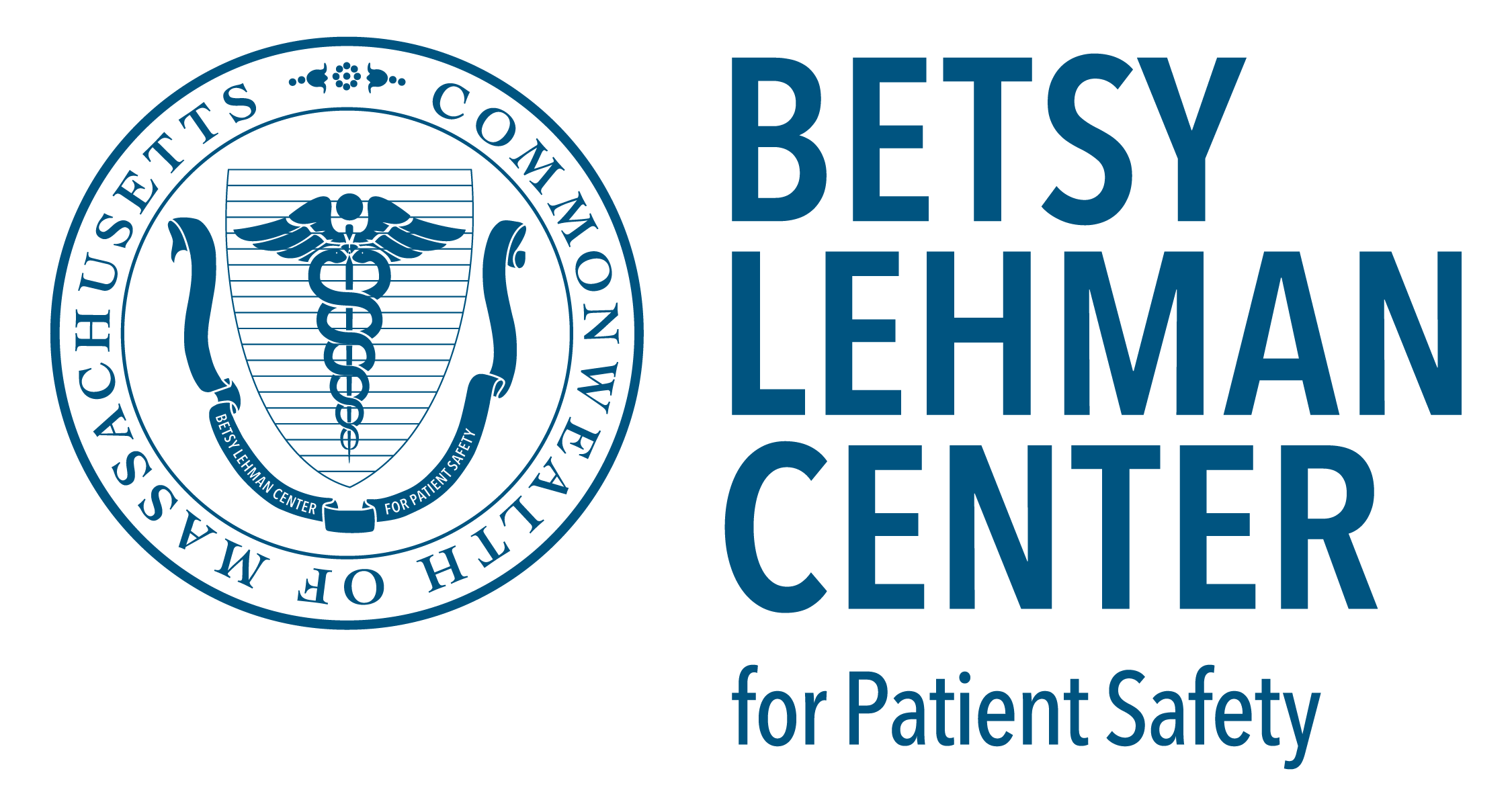News
How Does Work Environment Relate to Diagnostic Quality? A Prospective, Mixed Methods Study in Primary Care
May 05, 2023
The aim of this CRICO-funded study was to develop a tool assessing key elements of the diagnostic assessment process and apply it to a series of diagnostic encounters examining clinical notes and encounters’ recorded transcripts. Additionally, the researchers aimed to correlate and contextualize these findings with measures of encounter time and physician burnout.
The researchers concluded that the study’s new tool shows promise as a means of assessing key elements of diagnostic quality in clinical encounters. Work conditions and physician reactions appear to correlate with diagnostic behaviors.
Citation for the Full Text Article
Khazen M, Sullivan EE, Arabadjis S, Ramos J, Mirica M, Olson A, Linzer M, Schiff GD. How does work environment relate to diagnostic quality? A prospective, mixed methods study in primary care. BMJ Open. 2023;13:e071241. doi: 10.1136/bmjopen-2022-071241
Latest News from CRICO
Utilization of Electronic Health Record Sex and Gender Demographic Fields: A Metadata and Mixed Methods Analysis


The Safety of Outpatient Health Care

